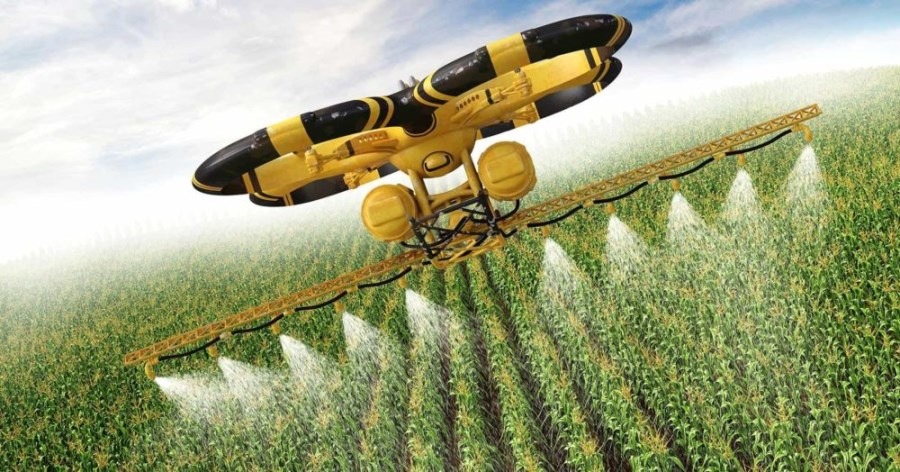In this article, we will explore how the revolutionary development of agricultural machinery has transformed modern agriculture. These technological advancements have significantly improved efficiency and productivity in the agricultural sector, reshaping how farmers cultivate their lands.
The history of agriculture is closely intertwined with that of agricultural machinery. Once rudimentary, these tools have evolved into technological marvels over time. Their functions range from soil preparation to harvesting, including seeding and crop maintenance. Today, these machines not only automate agricultural tasks but also optimize them through remarkable advancements.
One of the most remarkable aspects of agricultural machinery development lies in automation and robotization. Agricultural robots are now integral to many farms, enhancing the precision and reliability of agricultural operations. Drones fly over fields to monitor crops and detect potential issues, enabling early and targeted intervention. Autonomous tractors navigate fields with precision, minimizing losses and maximizing yields.
Furthermore, the development of agricultural machinery has been marked by a constant pursuit of energy and environmental efficiency. Low-emission engines, water management systems, and precise spraying techniques contribute to reducing the environmental footprint of agriculture while optimizing available resources. These advancements are crucial in a context where sustainability has become imperative.
However, agricultural machinery development extends beyond technology alone. It encompasses aspects such as user training, maintenance, and long-term sustainability. Manufacturers strive to design robust machines that are easy to use and tailored to the specific needs of farmers, whether they operate on small family farms or large industrial estates.
In conclusion, the development of agricultural machinery is more than just a technological narrative. It is a story of progress, innovation, and adaptation. Through these machines, modern agriculture has become more productive, efficient, and sustainable than ever before, representing the future of agriculture capable of addressing the food and environmental challenges of the 21st century.”
